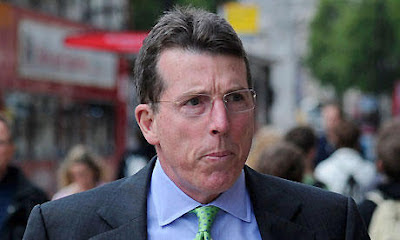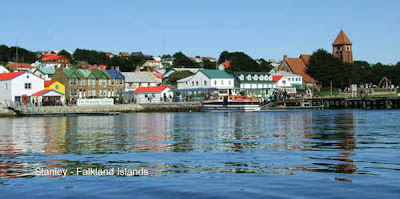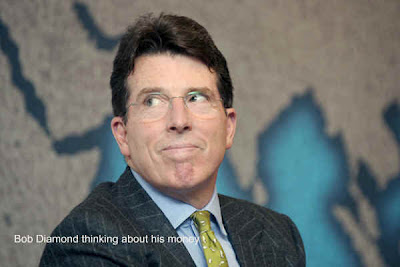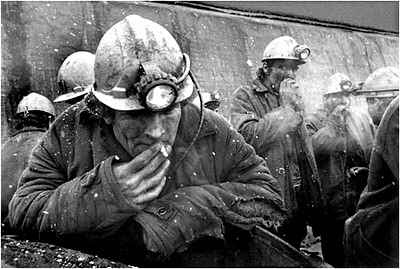Yesterday, the organizers of the Tour de France brought everyone together in Paris to launch the programme leading to the competition for the 100th Tour in 2013. For the first time in many a year it will be run entirely in France, beginning in Corsica. It is October 2012 and still the Lance Armstrong saga continues. Every day there is some new piece of nonsense as the cant and hypocrisy proceeds unabated. Now the UCI has officially stripped Lance Armstrong of his seven Tour de France wins and, presumably, they will strip him of every other race win as well. Floyd Landis has been stripped of his win in 2006 — he did fail drugs tests. On Monday, Pat McQuaid, the President of UCI called Tyler Hamilton and Floyd Landis "scumbags" for testifying against Lance Armstrong to the United States Anti-Doping Agency (USADA), Tyler Hamilton has demanded that McQuaid resigns; a call echoed by Greg LeMond, now the only American who is still in possession of wins in the Tour de France. But McQuaid has a point. Lance Armstrong is being made No.1 scapegoat for all drug users in the Tour de France and other cycling events. Slowly, everyone seems to be coming round to the realization that when Armstrong was winning, there were very few bike riders in long distance road racing who were not using drugs. They cannot all argue that Armstrong bullied them into using drugs. Floyd Landis got caught and after protesting his innocence for years finally admitted to drug use and joined the army of testifiers against Armstrong. Tyler Hamilton was a rider for whom I used to have quite a lot of respect after he got on his bike after a crash on day one in the Tour de France and rode for three weeks all the way back to Paris with a broken collar bone — coming 4th overall in the race. Now he has testified against his team-mate, Armstrong, and written a book about his experiences as a drug user; a book, which will put him in a good light, will bring him lots of money and, with his testimony gets him off the hook with USADA. It is not a record of high minded disinterested moral principles.There are one or two honourable men who have defended Lance Armstrong. First among these is Alberto Contador. Contador rode alongside Armstrong in the Astana Team in 2009, when he [Contador] won the race. Armstrong had, said Contador, left a lasting legacy in the sport and he criticized the USADA report which relied entirely on testimonies from other riders, anxious to get themselves off the hook. "Right now people are talking about Lance but there has not been any new test evidence or anything", Contador added. Condemnation of Armstrong "is based exclusively on witness statements that could have been made in 2005.""What I do know is that if cycling is popular in the USA, it's thanks to him. If they know over there what the Tour is, it's thanks to him. If there are top-level teams and races in his country, it's thanks to him."Contador won the Tour de France in 2007 and 2009 but had his 2010 victory struck from the record books after testing positive for a tiny amount of clenbuterol — an amount so tiny that it would not have improved the performance of a gnat.Now various people are demanding that Armstrong pays back his prize-money and various sponsors are demanding their money back. On the basis that all publicity is good publicity, on what basis do these sponsors think the money should be returned? Before the great drugs scandal at the Tour de France in 1998, I had never heard of Festina. And I believe that all the sponsors will have got value from Armstrong.Yesterday, in The Times, Matthew Syed — Sports Feature Writer of the Year — suggested that, if Lance Armstrong was being asked to pay his money back, then so should a lot of other riders. He particularly drew attention to David Millar — who has become surrounded by his own cloud of self-generated self-righteousness, in campaigning against drugs. When he was first accused of drug use, he, like all drug users, protested his innocence with great rigour. When his defence became unsustainable, Millar wrote a best-selling book about his experiences with drug use — and obviously made money out of it. In 2003, before he started using EPO, he was earning about £250,000 per year. On EPO, his earnings went up to £650,000 per year — plus more endorsements, etc.
Bike riders used and probably still do use drugs. I do not think any the less of them for that and neither, I suspect, does Joe Public. Recent interviews with the man in the street have indicated that most people have assumed for years that bike riders used drugs. So what? Bodybuilders use drugs. Nobody who gets to the point of stepping on stage in a bodybuilding contest has got there without drugs. Why? Because [a] to be a muscular freak is impossible without drugs and [b] all bodybuilders want to be the best that they can possibly be. And so, I would argue, do bike riders. They want to be the best in a sport which makes extraordinary demands on the human body. If all riders are using drugs, who is cheating? The only thing that matters is that riders do not damage their health. No one rides the Tour de France for health reasons. For the most part using drugs does not make the risks of health damage very much higher. Were it not for the anti-drugs industry, it would be much easier to ensure that no drug use was detrimental to health.
Lance Armstrong was the best for seven years in a row in an era when everybody was using drugs. No furore about his use of drugs will change that.
#























